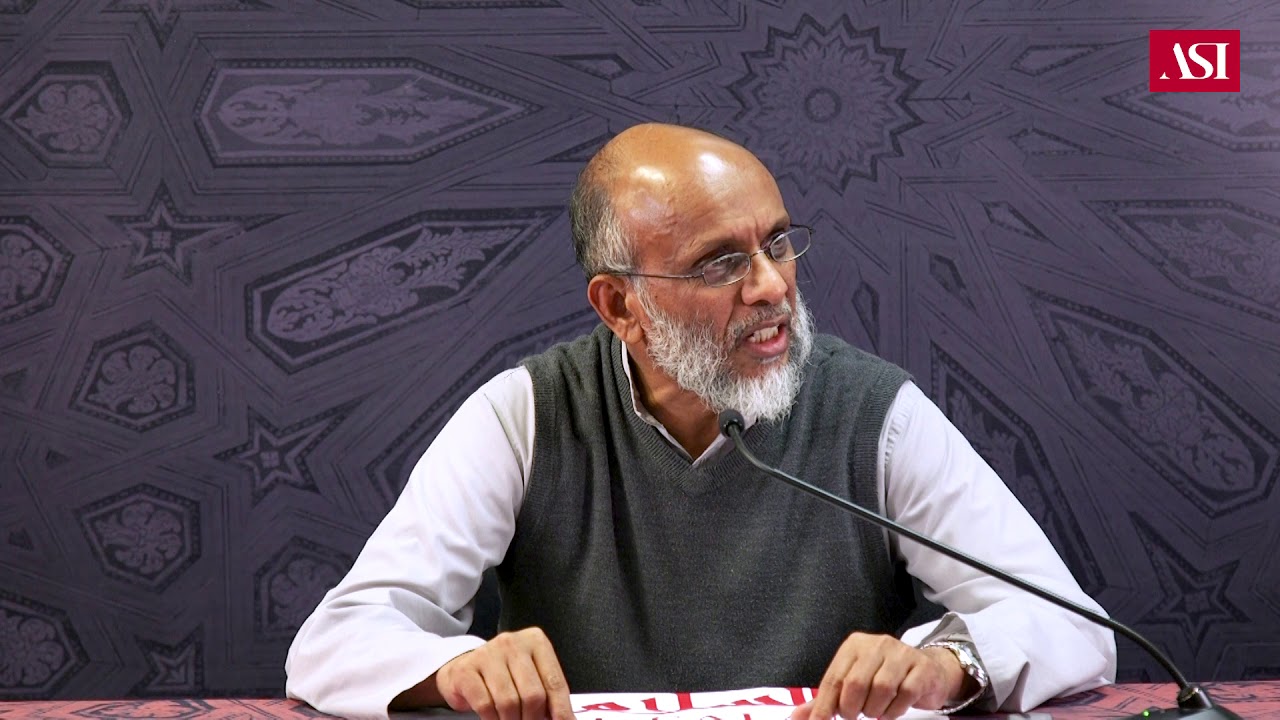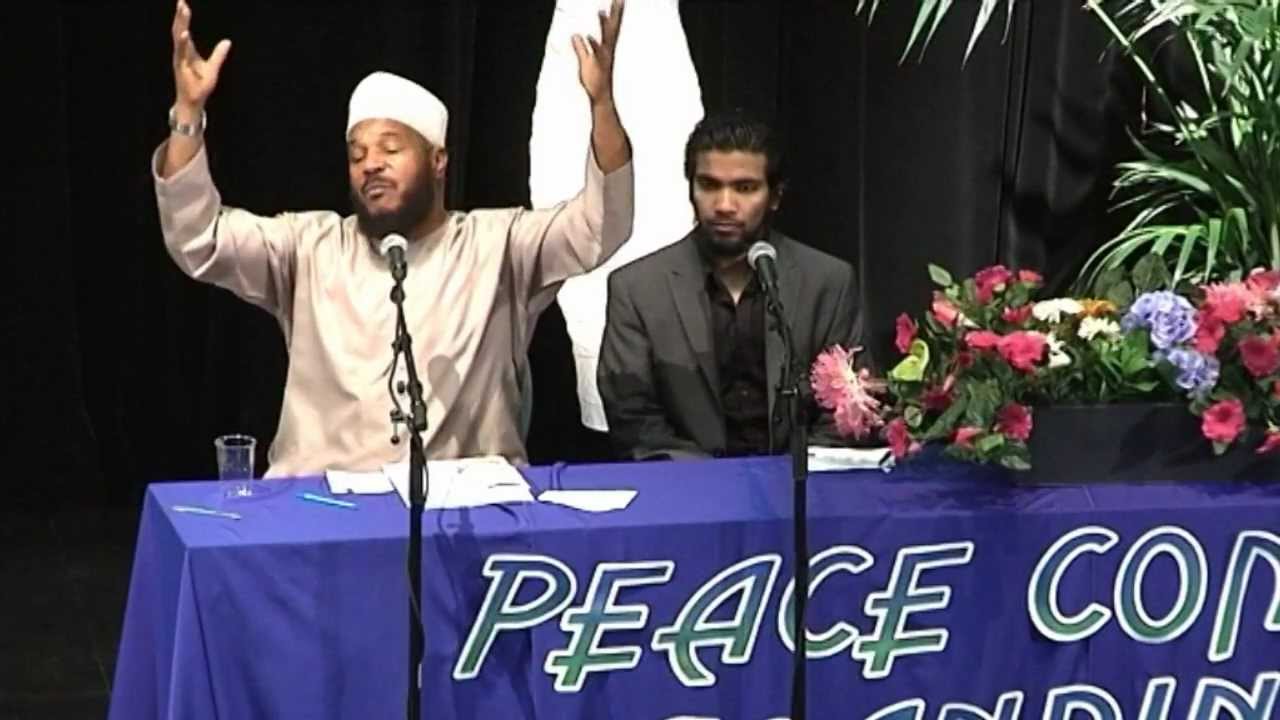This is iA the most comprehensive resource for this question on the internet.
We present views from IslamQA, Seekersguidance, Islamweb as well as views of Shaykh Akram Nadwi and Shaykh Haitham al-Haddad, then our resident expert Mufti Faraz Adam presents his views, and finally IFG present a commercial perspective on the matter.
View One: Islamqa
A mortgage is a haraam riba-based transaction that is based on a loan with interest in which the owner of the money takes as collateral the property for the purchase of which the borrower is taking out the loan, until the debt has been paid off along with the interest (riba). If the debtor is late in making payments, then the owner of the money is entitled to sell the property and take back his money.
This transaction is offered by riba-based banks or real estate mortgage companies, and this transaction is done when the one who wants to buy a house chooses a house, then he goes to the mortgage company – or to the riba-based bank – to ask them to buy that house and he agrees to pay the money in instalments, plus the interest that has been agreed upon. A representative of the company or bank meets with the owner of the house and the third party, namely the borrower, and the price of the house is paid in full to the owner. In some cases the borrower pays part of the price (down payment). And the contract is signed with the borrower for the money paid to the owner of the house plus the interest. The house is mortgaged to the mortgage company or bank that pays the money to the owner of the house. If the borrower fails to pay any instalment on his loan, the mortgage company has the right to sell the house in order to get back the rest of the money that it is owed by the borrower.
This transaction clearly comes under the heading of blatant riba. Allah, may He be exalted, has forbidden riba and has issued a warning to those who consume it of a severe punishment as He, may He be exalted, says (interpretation of the meaning):
“Those who eat Riba (usury) will not stand (on the Day of Resurrection) except like the standing of a person beaten by Shaytaan (Satan) leading him to insanity. That is because they say: “Trading is only like Riba (usury),” whereas Allah has permitted trading and forbidden Riba (usury). So whosoever receives an admonition from his Lord and stops eating Riba (usury) shall not be punished for the past; his case is for Allah (to judge); but whoever returns (to Riba (usury)), such are the dwellers of the Fire - they will abide therein”
[al-Baqarah 2:275].
This riba-based transaction is not permissible either in Muslim countries or non-Muslim countries; it is not permissible in order to acquire houses or stores.
Some contemporary scholars have permitted this riba-based transaction if it is in a non-Muslim country and it is done in order to acquire a house in which to live. This permission is attributed to the Hanafi madhhab, and some evidence is quoted for it. But many scholars have challenged this fatwa, including Shaykh Salaah as-Saawi (may Allah preserve him) in his book Waqafaat Haadi’ah ma‘a Fatwa Ibaahat al-Qurood al-Ribawiyyah li Tamweel Shira’ al-Masaakin fi’l-Mujtama‘aat al-Gharbiyyah.
See also the answer to question no. 126056
Taken from: Are Mortgages Haram? - Islam Question & Answer
View Two: Seekersguidance
Generally, mortgages from conventional, usurious banks are going to be impermissible as they stipulate the kind of increase in a loan contract which was expressly prohibited in the Qur’an.
Allah Most High says, “O believers! Fear Allah, and give up outstanding interest if you are true believers. If you do not, then beware of a war with Allah and His Messenger! But if you repent, you may retain your principal. Do no wrong and you will not be wronged.” [2.278-279]
Accordingly, you should strive to seek out a permitted alternative, ideally from an institution or bank which has a certifying board of qualified experts.
[AAOIFI Shari‘ah Standards (518); Ghawji, Kashf Shubuhat man za‘ama Hill Arbah al-Qurud al-Masrifiyya (26)]
Please also see: What Is the Difference Between a Mortgage and a Rent-To-Own? and: Are Islamic Mortgages Really Different From Conventional Mortgages? and: Debt: How It Destroys Lives, How You Can Fight It
And Allah Most High knows best.
Taken from: Are House Mortgages Permissible? - SeekersGuidance
View Three: Islamweb
Dear brother, you know very well how much Ribaa (usury and interest) is forbidden and you know as well how big the sin of anybody who deals with Ribaa and how dangerous this matter is. Insisting on dealing in Ribaa is equal to declaring war against Allaah, the Almighty and his Messenger, sallallaahu ‘alayhi wa sallam . Allah Says (what means): {O You who believe, fear Allaah and give up what remains of Ribaa if you are really believers. And if you do not do it, then take a notice of war from Allaah and His Messenger.} [Al-Baqarah: 278,279] You should also know that taking interest-based loans is true Ribaa. Thus, it is clearly forbidden for you to undertake any Ribaa transaction except if faced with a compulsion of necessity which you could not avoid nor avoid the harms that it would cause and if at the same time you have undertaken all the lawful means and attempts to solve this but in vain, as Allaah Says (what means): {He (Allaah) has explained to you in detail what is forbidden to you except under compulsion of necessity).} [Quran 8:119]. So, taking loans of Ribaa is like eating the meat of dead animals not slaughtered in an Islamic manner, which is only lawful when there is a compulsion of necessity but forbidden if there is any lawful thing that could replace it. In such a case, the person is allowed to take the minimum necessary to overcome this real necessity. He should at the same time do as much Istighfaar (seeking Allah’s forgiveness) as he can and seek refuge in Allaah, asking Him to dispel his hardship. He should also keep in mind that he is in great danger and should not feel at ease with this situation, but rather try to overcome the necessity that has led him to taking this Ribaa loan.
Dear brother, you should turn in repentance to Allaah and do as much Istighfaar and good deeds as you can. Try to get out of this Ribaa as soon as possible and never get in it again. Again, you should have tried to get a person or an institution to deal with you in a Ribaa-free transaction or even leave the whole issue and simply rent a house. These were possibilities open to you to avoid Ribaa.
Allaah Knows best.
Taken from: Buying house with bank loan
View Four: Shaykh Akram Nadwi
View Five: Shaykh Haitham Al-Haddad
Mufti Faraz view
To follow.
The IFG view
We have previously written extensively on this topic. Here are some key articles and resources:
- what is an Islamic mortgage and why is it Islamic?
- Is a Conventional Mortgage Okay If You Can’t Afford An Islamic One?
- Podcast: Are Islamic mortgages actually halal?
- Islamic Mortgages in The UK in 2020: The Definitive Guide
- Detailed Al Rayan Mortgage review
- Is a Mortgage Haram? A Fatwa Analysis – Sh. Atabek/Sh. Haitham
Ultimately our view is that Islamic mortgages as they are now are permissible to go for - but there is definitely room for improvement and we hold back no punches in our review of Islamic mortgage products currently available.
We think that Islamic mortgages do have a different risk profile to normal mortgages, and there is good justification for why they are more expensive - though we are working in the background to help bring these rates down for everyone (it needs some input from the government and Bank of England).
If you are comfortable with our position that Islamic mortgages are permissible - here is our Islamic mortgage comparison engine so you can easily choose between the available products.

